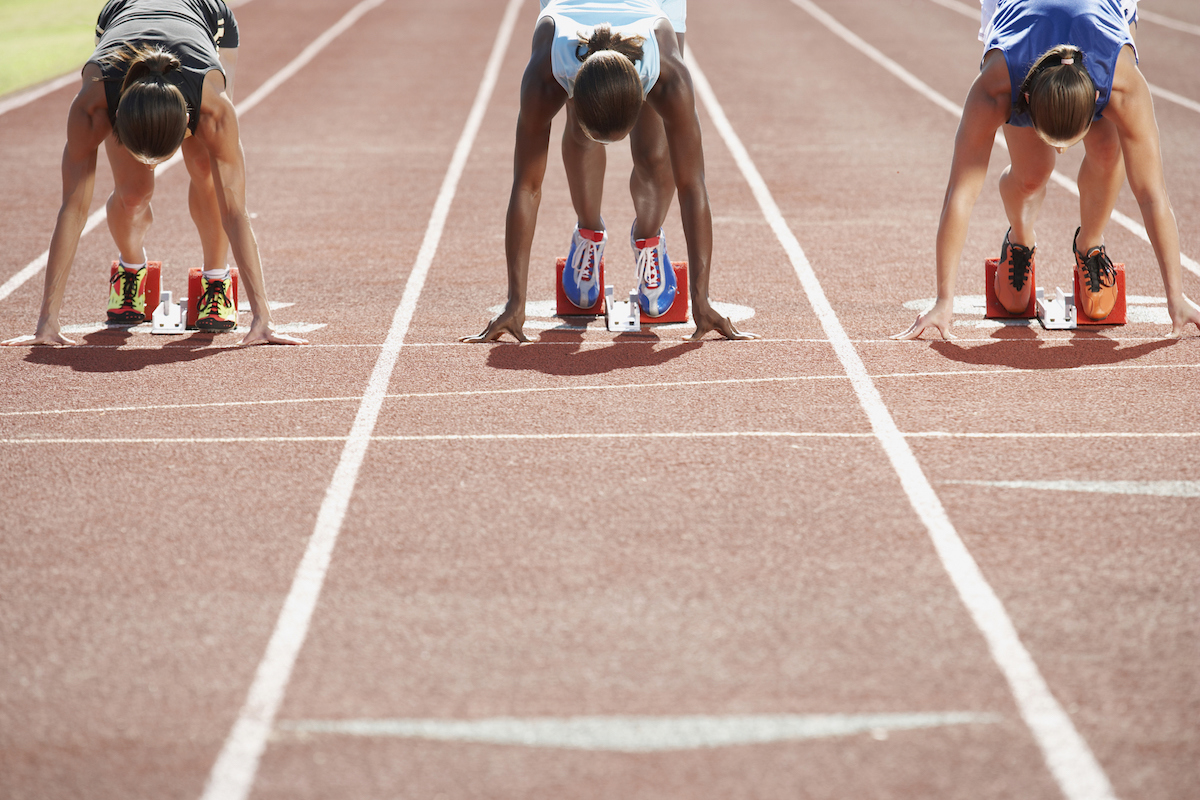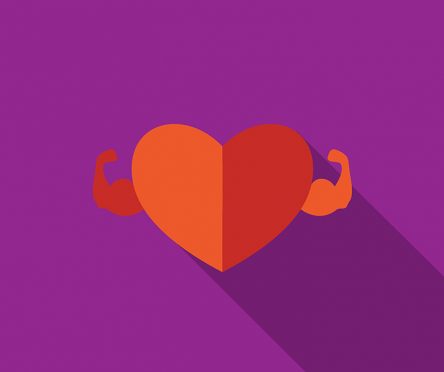Dr. Paul Thompson, chief emeritus of cardiology at Hartford Hospital, was NBC’s sports medicine analyst at the 1988 Olympic Games in Seoul. He also qualified for the 1972 U.S. Olympic Marathon Trials and finished 16th in the 1976 Boston Marathon in 1976. Dr. Thompson is a leading expert on the athlete’s heart.
With the opening ceremonies of the Tokyo Olympics scheduled for Friday, here is an interview with Dr. Thompson about the athlete’s heart and the possible risks of COVID-19 and the vaccine:
How is the athlete’s heart different from a more sedentary person’s heart?
The heart is just a specialized muscle. So if you use any muscle, it gets bigger and it gets stronger. The heart of an athlete is just a bigger, stronger heart.
How the heart adapts depends a little bit on the sport. Weightlifting and strength sports in which the heart has to work against resistance because of the increased blood pressure tends to thicken the walls of the heart. Endurance athletes tend to have a dilated heart, or a bigger heart, so it can eject more blood with each contraction.
So it’s big and dilated for endurance athletes and kind of the same size, but thicker walls for strength-trained athletes.
What is myocarditis and how common is it in athletes?
If you have laryngitis, you have an inflammation or infection of your larynx (pharyngitis). If you get myocarditis, you have an inflammation usually from a viral infection of the heart muscle. “Myo” means muscle, “cardio” means heart and “itis” means an inflammation, like laryngitis is inflammation of the larynx.
It can cause the heart to have some arrhythmia — in other words, going into an abnormal beating. It’s usually from a virus, but we have myocarditis very rarely from the vaccines. So it’s something for people to be aware of. But quite frankly, I’m concerned that people are more afraid of myocarditis than they are of COVID.
So it’s not a good reason not to get vaccinated. There is a very low risk. Myocarditis generally comes from viral infections and can come from COVID itself. The myocarditis from the COVID vaccines is usually watch-and-wait because it usually goes away and it’s quite mild.
What kinds of tests are elite athletes getting before and during the Olympics?
Elite athletes test themselves every day in training, so they don’t really need a lot of additional cardiac tests. But what they’re getting a lot of tests of right now is for COVID. That’s the real concern, whether COVID is going to interfere with these Olympics.
What is athlete’s swoon syndrome?
Athlete’s swoon syndrome is actually something I named about 30 years ago. A lot of other sports cardiologists liked the term.
There’s a lot of stress on athletes, especially in some families. There’s a lot of pressure to succeed and sometimes athletes have symptoms simply because, psychologically, it’s easier to have a medical problem than to say, “I don’t want to do this anymore” or tell your Dad you’re not interested in participating.
So the athlete’s swoon syndrome is a kind of a syndrome that you see in some athletes who have problems during competition but often not during training, and it’s usually related to psychological factors.
It’s the last in a long list of diagnoses. You don’t want to say that the athlete is having reactions to the stress of exercise until you make sure it’s not really a cardiac condition.



